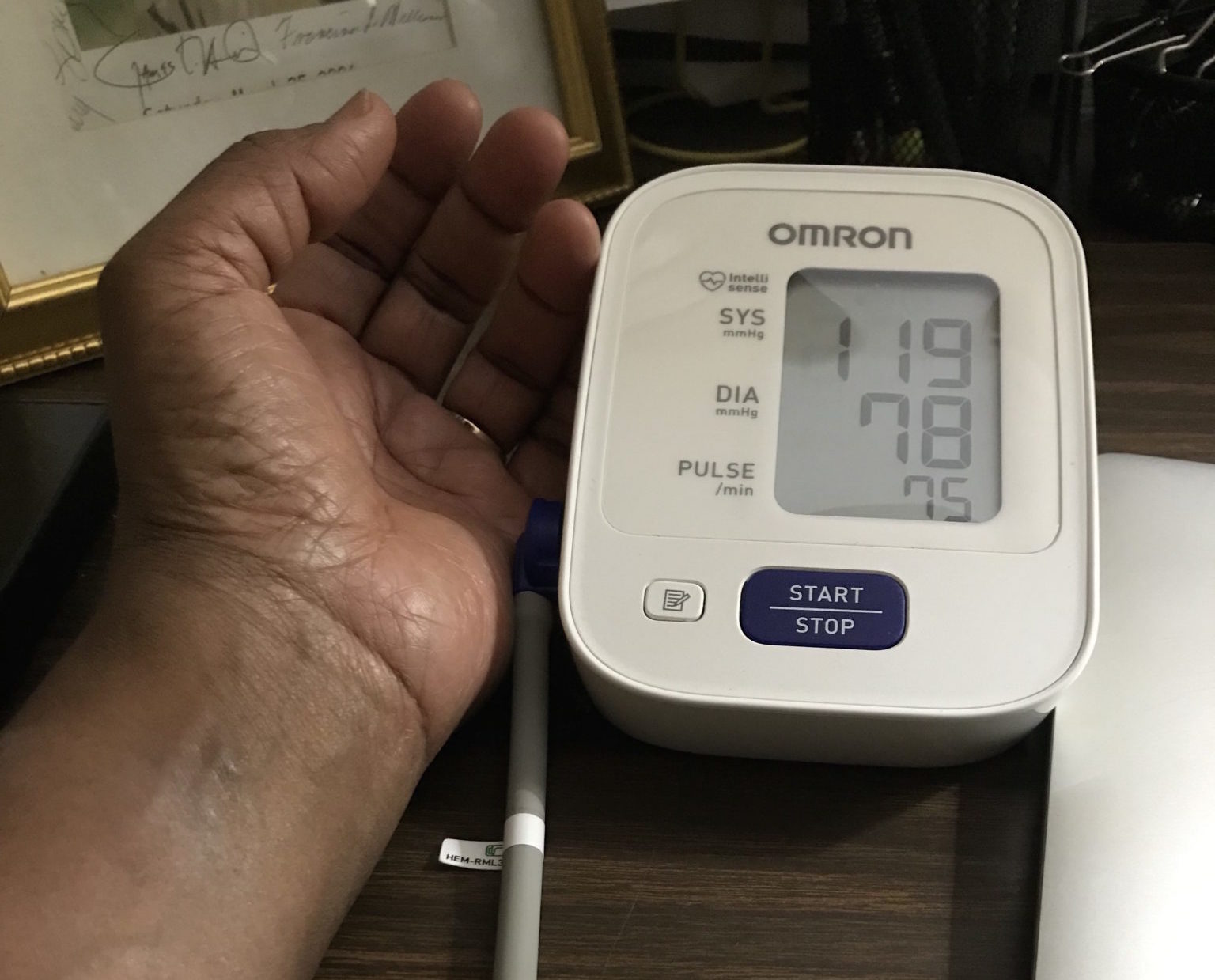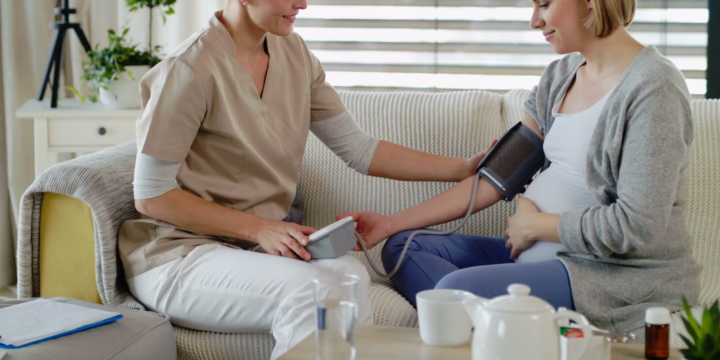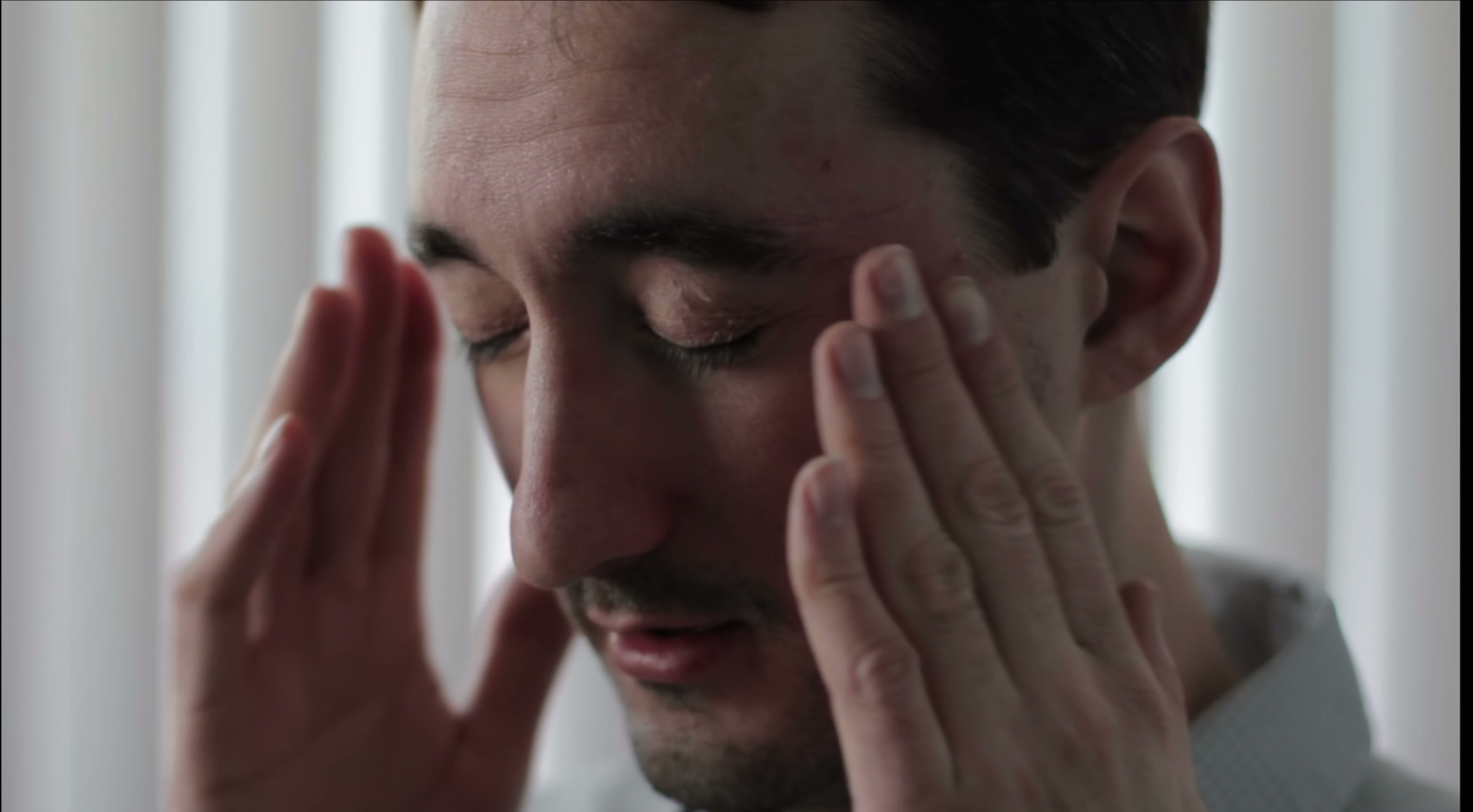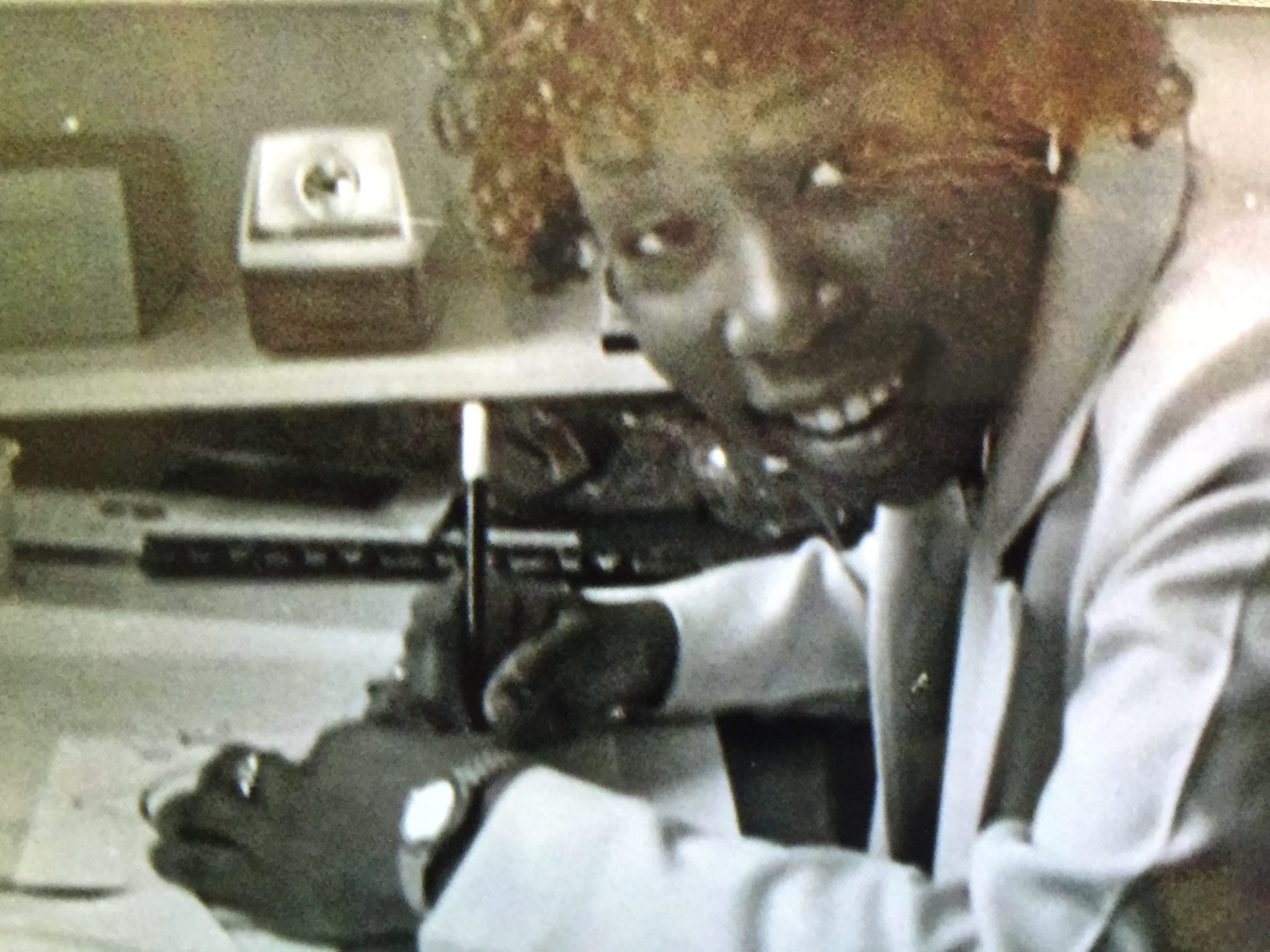
Can Supplements or Medications Reduce the Severity of COVID-19?
Can supplements or medications reduce the severity of COVID-19? In this post, I will review Dr. Mobeen Syed recommendations for supplements and medication that might reduce the severity of COVID-19. Who would believe that we would be still dealing with the coronavirus without clear management or prevention recommendations? Deaths have varied widely but according to the Center for Disease Control report, there have been between 273-2706 people dying every day from COVID-19 since March. The death count is still high with 1021 people who died yesterday. Although there is no identified effective treatment so far, there might be something you can do to protect yourself from COVID-19. I have no expertise to really talk about this subject, and I should stick to my specific topic of hypertension. However, people with…





